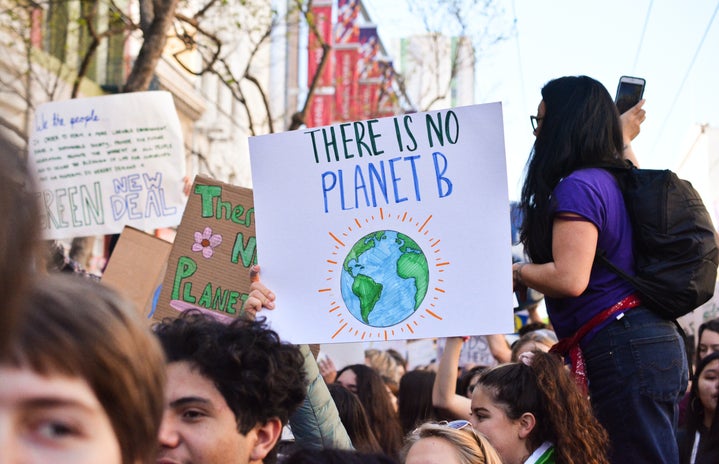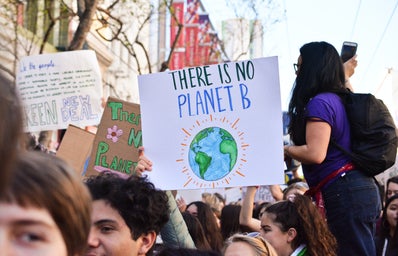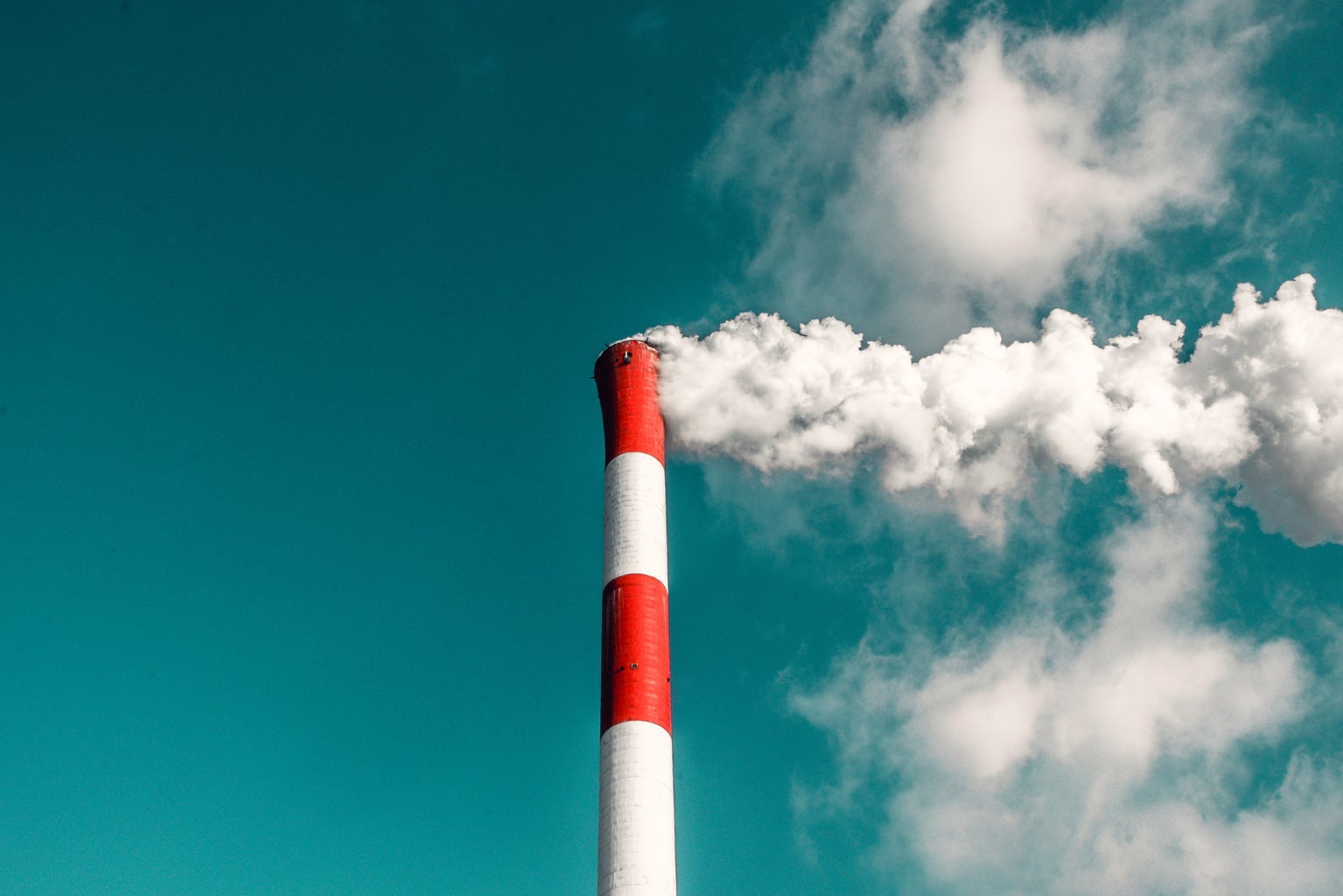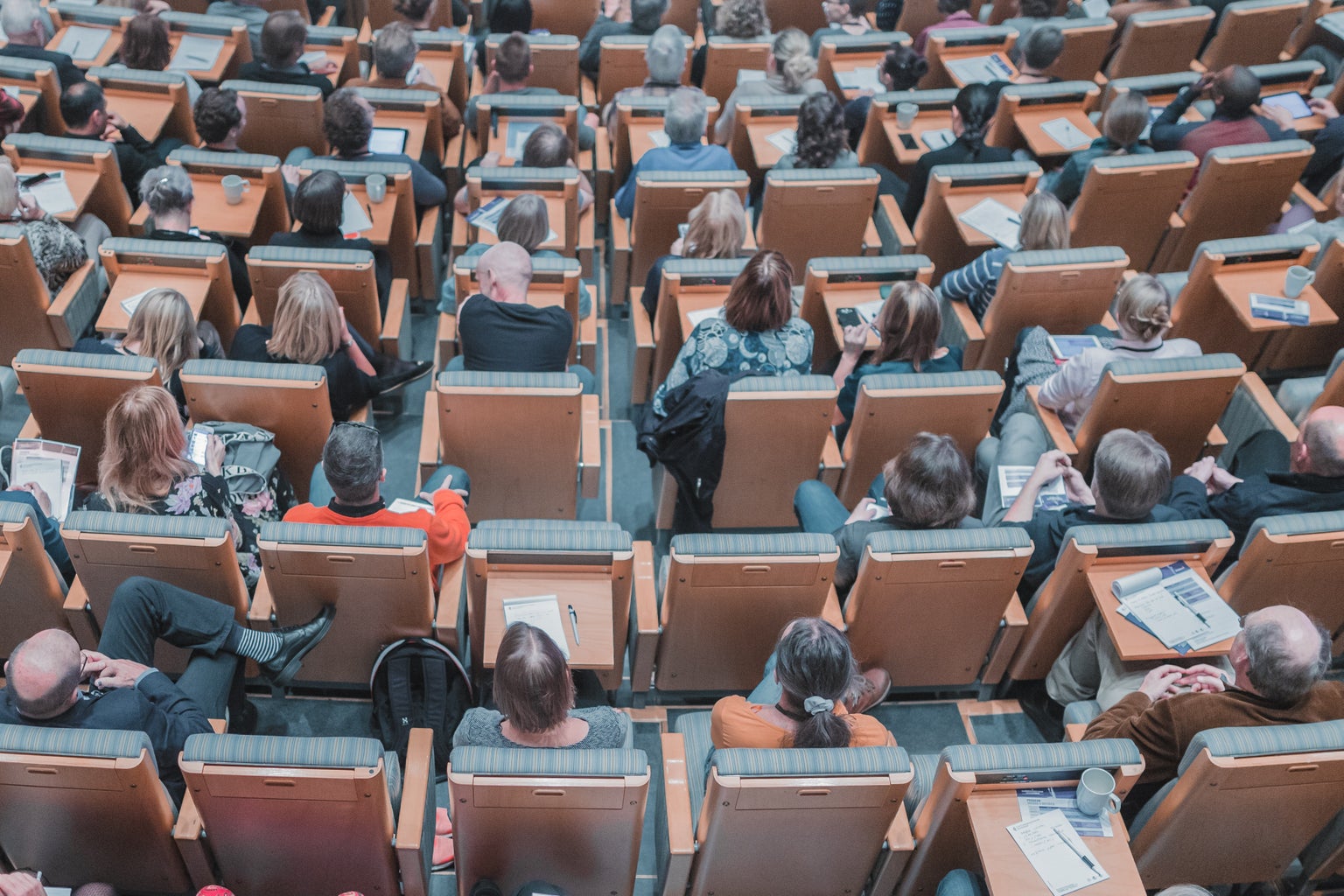I distinctly remember learning about climate change in my 7th grade world geography class. It was the first time that I was exposed to the adverse effects of climate change in a personal, sobering way. In class, we watched families lose their homes due to weather-related conditions, saw a projected map of Boston shrink as time passed due to rising sea levels, and witnessed large corporations bury toxic waste underneath the Amazon rainforest.
I felt awful. It hurt to watch people exploit our planet for personal gain, and it hurt, even more, to know that I contributed to this exploitation every day.
Throughout middle school and high school, I was incredibly saddened by climate change, but I maintained hope for the future and had the motivation to make a change. After the pandemic hit and I entered college, however, I started to lose this hope. With increasingly alarming statistics (like our global temperature being on track to rise by 2.5 to 4.5 degrees Celsius (4.5 to 8 degrees Fahrenheit) by 2100 if emissions aren’t drastically reduced), thinking about the climate crisis started to cause intense anxiety for me – climate change felt like a gigantic problem that was impossible to solve. I felt as if there was absolutely nothing that I could do to make an actual difference, so I avoided thinking about climate change whenever I could. The crisis felt way too saddening and way too far out of my control.
There is a growing discussion about the “Climate Anxiety” that I and many others have faced; among Gen Z especially, there is an abundance of fear about the well-being of our environment. According to Britt Wray, a postdoctoral fellow at Stanford University’s Center for Innovation in Global Health, “Gen Z is feeling {climate anxiety} the most. Being glued to Instagram, TikTok, Twitter, and all the rest, it’s just way more in their face. Millennials’ mental health is very much impacted too. But we see a big decrease as we go up to Gen X and boomers and so on.”
It makes sense that the younger generations carry the burden of this anxiety more than others; we still have our whole lives to live, so we will have to suffer the long-term consequences of climate change. We face an uncertain future, with little means to make a difference. Wray points out that, “Young people feel that older people have left the building, that they’ve checked out: ‘We’re handing you this impossible situation, and it’s up to you to clean it up. I’m not going to be around to see the worst of it. You need to deal with it.’ This kind of response on the part of older people is distressing to hear.” It is difficult for young people to have their voices heard since it is the older generations that are making crucial decisions about the climate crisis on a day-to-day basis. Young people see concerning statistics all over the media, but are left with little direction or control over the climate crisis; it is no surprise that we feel helpless.
Last year, I decided to face my climate anxiety. I signed up for an environmental humanities class, hoping to find new strategies and insights on addressing the climate crisis. The class ended up being just what I needed; it provided me with an interdisciplinary approach to climate change, encouraging me to ask questions and employ critical thinking about humanity’s role in the crisis. People typically consider the sciences and the humanities as two entirely different studies (the studies of English and Science probably feel pretty distinct in your mind, right?) This class, however, closed the gap between science and humanities, challenging me to consider literature, culture, politics, and more in the context of science. I discovered that insights, ironies, and even solutions to climate change could be found in unlikely places.
Obviously, there is no simple solution to the climate crisis, and no easy way to manage climate anxiety. But, studying the environmental humanities helped me realize that I don’t need to be debilitated by fear. By addressing the climate crisis through a multidisciplinary lens, I was able to regain hope for a sustainable future.
Climate anxiety is different for everyone – for me, it resulted in avoidance, but it can manifest in a number of different ways. To anyone struggling with climate anxiety, (or anyone just feeling overwhelmed by the crisis), I urge you to take breaks from the statistics when you need to. Focus on what you can do: vote, limit your meat intake, and do your research on where you shop. Get involved with any sustainable organizations that interest you. Look for the nuances of climate change wherever and whenever you can. If there’s room in your schedule, sign up for an environmental humanities class!
Keep your head up, and know that you are not alone!
Can’t get enough of HC UMass Amherst? Be sure to follow us on Instagram, listen to us on Spotify, like us on Facebook, and read our latest Tweets!




